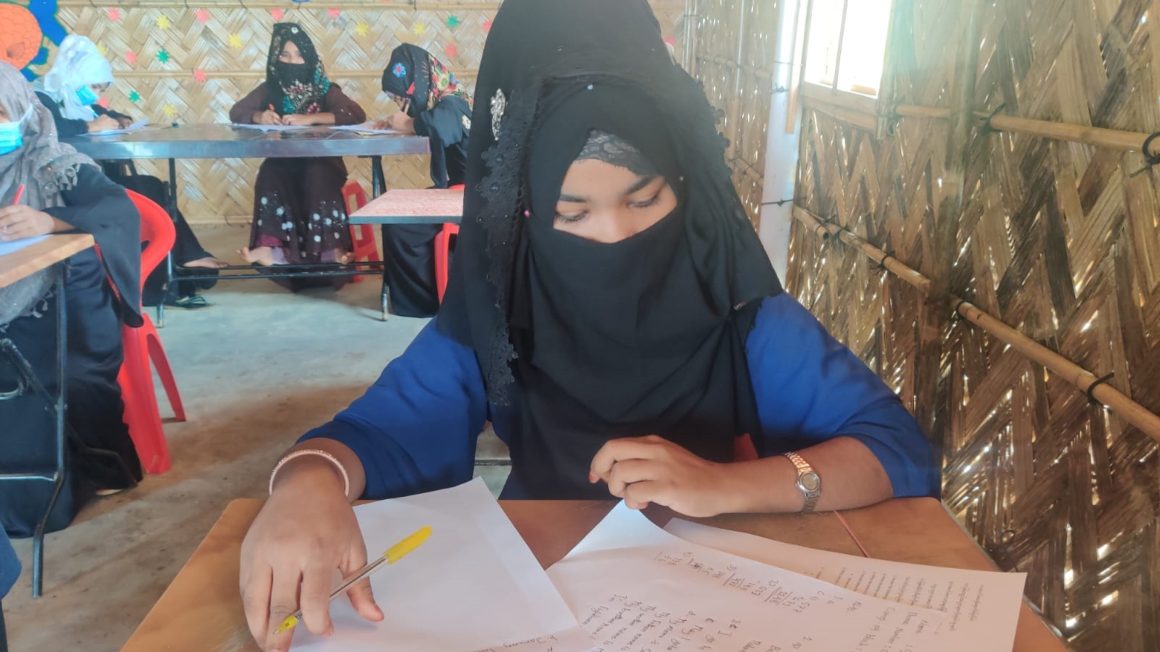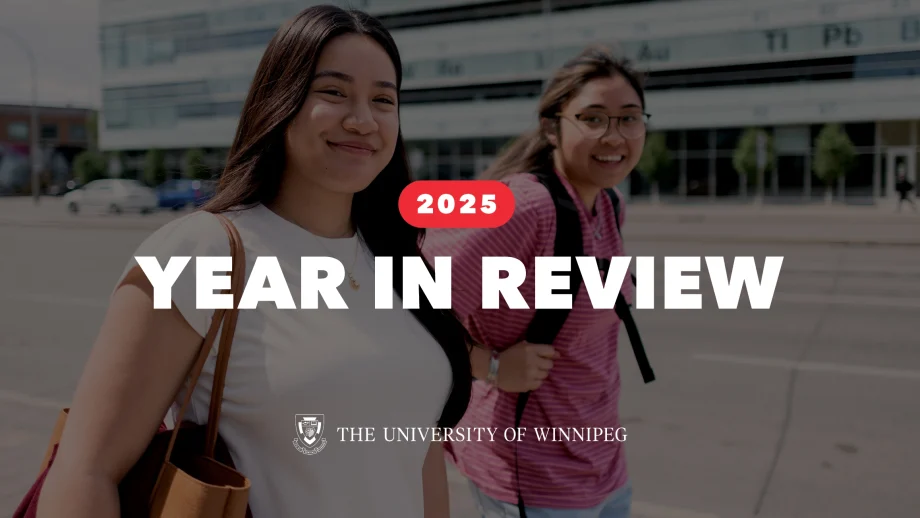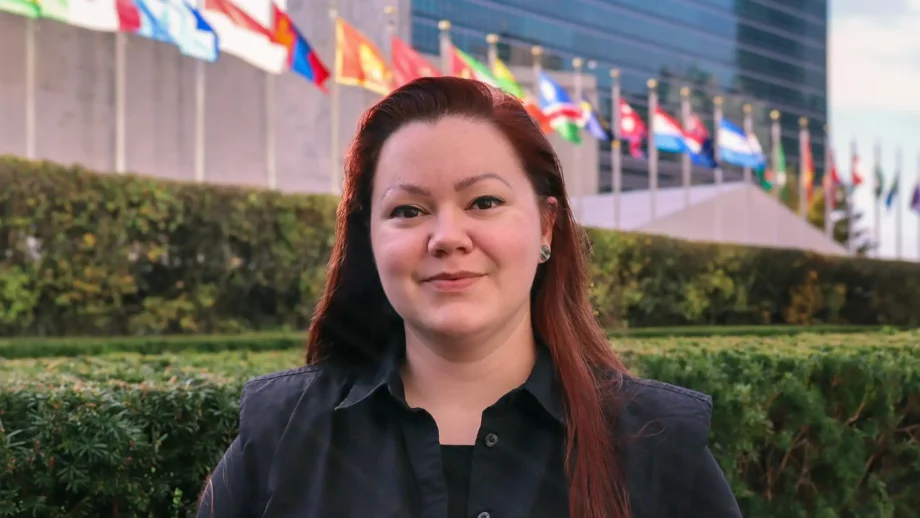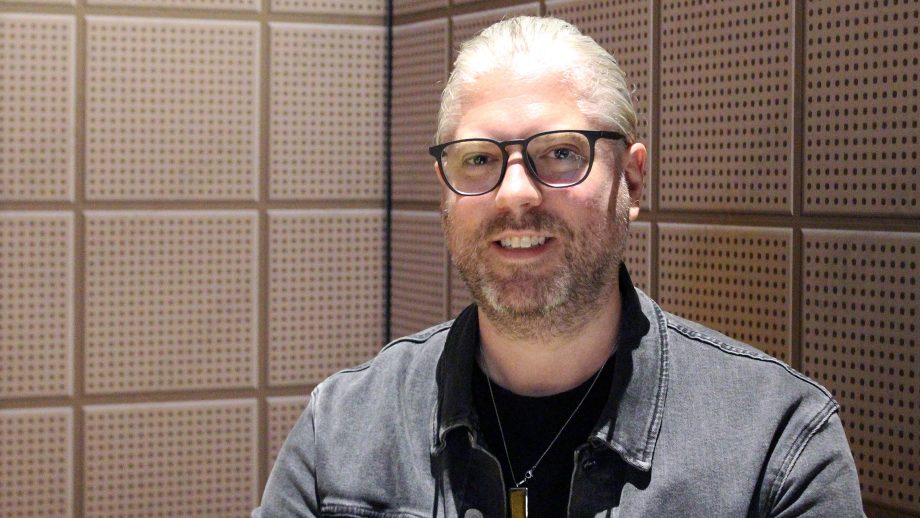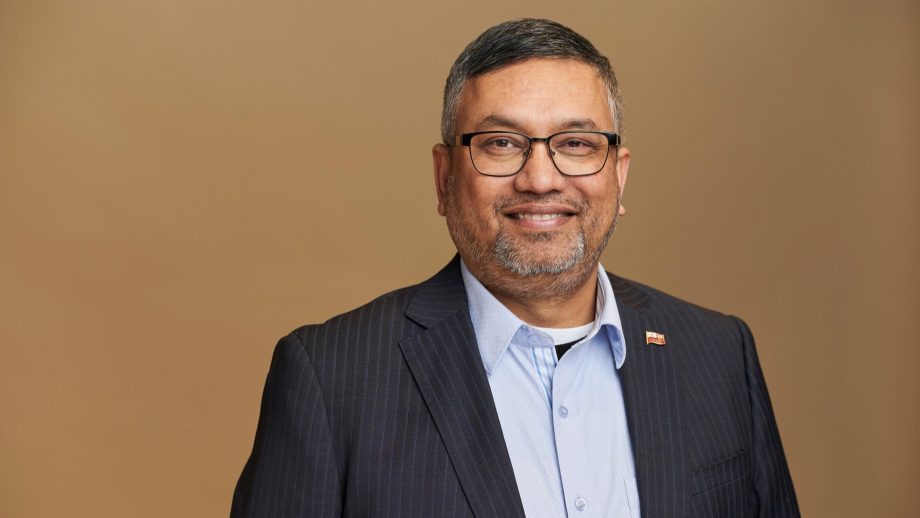When UWinnipeg adjunct professor, Dr. Kawser Ahmed, visited Bangladesh in 2018 through his research work on the Rohingya Crisis, he said he couldn’t have imagined what he saw.
“It was very emotional,” he said. “When I first went and visited two of the largest refugee camps, Kutupalong and Balukhali, it really struck me. I called it an ocean of human beings. Just people. Hundreds of thousands of people.”
Dr. Ahmed said since 1962 the Rohingya people have been persecuted in “a very systematic way”. And since the birth of Bangladesh in 1971 as an independent country, the Rohingya people have fled in massive numbers to Bangladesh – the smallest neighboring country.
Currently, he said, there are approximately 1.3 million Rohingya refugees in Bangladesh.
“In 2017 alone, within a span of two weeks, 750,000 Rohingya people were expelled from Rakhine by the Myanmar military,” Dr. Ahmed said. “So, what is the future of these people and how do you really sustain them?”
Through research, education, publications, and programs happening at UWinnipeg Global College’s Conflict and Resilience Research Institute Canada (CRRIC), Dr. Ahmed hopes to help provide answers and raise awareness about the Rohingya Crisis.
“One of the reasons that we actively pursue this research, and try our best to share ideas about this conflict, is because Rohingya people have no voices,” he said. “They’re the most, I would say, neglected people on earth.”
In collaboration with the University of Dhaka in Bangladesh, CRRIC has published a new book to help promote their latest research.
Understanding the Rohingya Displacement: Security, Media, and Humanitarian Perspectives is the third installment the groups have published about the Rohingya Crisis, and includes chapters on the environmental impacts and security of the refugee camps, the possibility of repatriation of such a large number of people, policy directions, and the future of the conflict.
Dr. Ahmed also contributed a chapter on media framing – looking at how mainstream media and social media frame Rohingyas in host countries and abroad.
“If you even go back to reporting in 2017 or 2018, you’ll find there’s so much of sympathy for the Rohingya people at that time,” he said. “There was no Gaza war. There was no Russian invasion of Ukraine. So, the international community had some scope to listen to this matter.”
Dr. Ahmed said attention on the Rohingya Crisis has declined over the past several years, and with that, less funding is available to support the Rohingya people.
Through Rotary Club of Winnipeg and Rotary’s Global Grant, CRRIC implemented an education project in 2023. The organization is now raising funds to provide much-needed educational opportunities for refugee children in Bangladesh, and to help stop the trafficking of Rohingya girls. A pilot project was conducted on a remote island in the Bay of Bengal for 20 female students.
Part of the funds raised will go to support education centres in refugee camps, and part will go to help educate and provide supports for parents living in refugee camps – helping them find alternatives to marrying off their girls at an early age.
“We are hoping to generate some support and hope from the people of Winnipeg,” Dr. Ahmed said. “Because if people see that there is need, there might be some interested people to come forward and help us in educating people.”
CRRIC is planning fundraising events to support the education program this summer, but donations for the Rohingya Female Adolescent Education Project can be made directly by contacting CRRIC.
You can learn more about the historical context of the Rohingya Crisis through their first two publications, and the latest book, Understanding the Rohingya Displacement: Security, Media, and Humanitarian Perspectives, is now available.
You can also register for a virtual book launch event happening at 9:00 a.m. on Monday, June 17, to promote the latest book.

